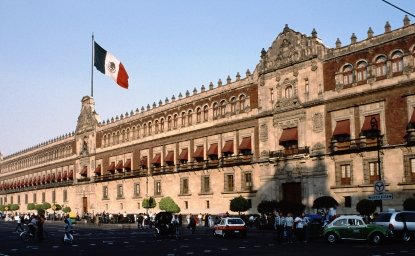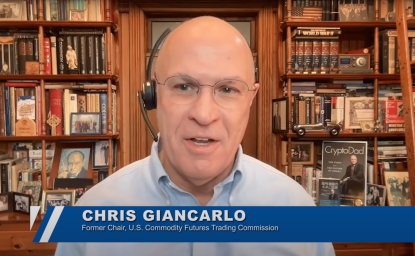The seventh edition of the Index of Mexican Democratic Development (IDD) 2017 does not paint a flattering portrait of the Mexican democratic performance. In general, the index falls 15 percent in comparison to previous measurements (2015), particularly in the areas of citizen democracy and institutions, while economic and social conditions remain stable. Thus, 10 states register at a high level of democratic development (for instance, Yucatan and Tamaulipas), nine are at a middle level (such as Sonora and Tabasco), two at a lower level (Guanajuato and Chiapas), but the most dramatic change is that the states at the “lowest level” (Chihuahua and Guerrero among these), rise from 2 to 12. Beside individual data, the full picture reveals that there is not one, but almost 32 Mexicos with very different democratic outlooks and experiences.
The data resembles what happens further south on the continent. Latinobarometer registers a steady decline in the population’s satisfaction with democracy, while at the same time economic and social conditions of the region improved. Economic development and economic appreciation do not go hand in hand and, on the contrary, permeate social disenchantment and the idea that democracy only serves a few people.
I link this with two messages I have recently heard. The first, by the historian Enrique Krauze in presenting his most recent book “I am the people,” about the persistent seduction of “absolute personal power” among societies, as if the atrocious dictatorships of the twentieth century were not sufficient warning.
It would seem that after having their hopes of happiness and well-being frustrated with the arrival of democracy, people fall to desperation and nostalgia for an idealized past that did not exist. The leader or the messiah appears offering empathy and relief. Any intermediary (civil society, representatives, laws, or institutions) is superfluous and an obstacle to the direct relationship between a leader and the people.
The second message is from the Venezuelan-born, Harvard academic, Ricardo Hausmann. While presenting the Scrabble theory of economic development, he affirms that inequality is a product of asymmetries in productivity rather than in the distribution of wealth. Thus, growth depends on the number of letters (or capacities) that societies possess to produce goods and services of greater added value.
Therefore, any anti-market, expropriation, price or import-controlling rhetoric limits instead of enhances those capacities.
For both authors, populism does not offer a solution to political or economic problems, but is very attractive to aggrieved electorates (rightly so or not).
As Krauze said, Mexican democracy is a building under construction. “You have to build on it, not tear it down.”
The views expressed here are solely those of the author.
Author


Mexico Institute
The Mexico Institute seeks to improve understanding, communication, and cooperation between Mexico and the United States by promoting original research, encouraging public discussion, and proposing policy options for enhancing the bilateral relationship. A binational Advisory Board, chaired by Luis Téllez and Earl Anthony Wayne, oversees the work of the Mexico Institute. Read more

Explore More
Browse Insights & Analysis
The Mexico Institute's 2018 Elections Guide



